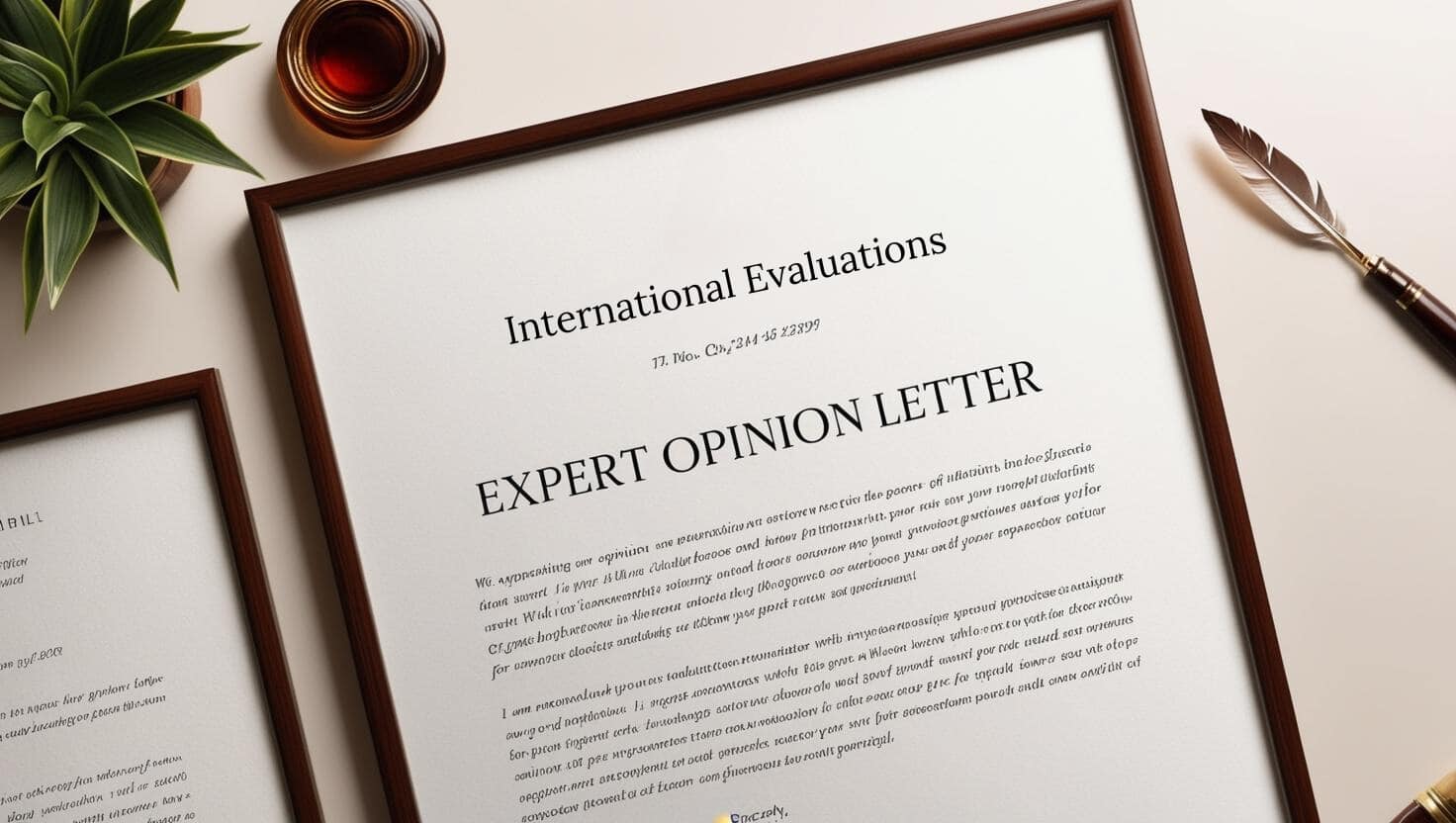Introduction
In an increasingly globalized world, the demand for specialists who can navigate global borders has actually never been higher. As business broaden their operations throughout continents, understanding the subtleties of work experience assessment becomes essential for both employers and workers. This short article delves deep into the intricacies of work experience evaluation, clarifying its importance in global mobility, the procedures involved, and Visit this page how it intersects with academic credential examination and other vital factors.
Understanding the Nuances of Work Experience Evaluation for Global Mobility
When we talk about work experience evaluation, we're basically going over a structured approach to evaluate a person's professional background, abilities, and competencies in an international context. This examination is essential for various stakeholders including employers seeking to employ international talent, individuals seeking employment abroad, and educational institutions providing programs to improve employability.
Work experience evaluations help bridge the space in between varied international work requirements. They ensure that pertinent experiences are recognized and valued properly. This process typically includes an expert opinion letter which supplies a detailed analysis of a prospect's qualifications relative to industry standards.
The Value of Work Experience Assessment in International Mobility
Navigating International Standards
With various countries having actually varied criteria for evaluating expert experience, comprehending these discrepancies becomes vital. A reliable work experience evaluation permits employers to line up prospects' backgrounds with local expectations.
Enhancing Employability
For job hunters going for opportunities abroad, presenting a precise representation of their work history can substantially boost their employability. Examinations carried out by respectable worldwide credential examination services provide potential employers a clear photo of what prospects give the table.
Key Components of Work Experience Evaluation
1. Document Verification
Document confirmation is basic in developing the credibility of a prospect's work experience. Each document should be scrutinized completely to avoid fraud or misrepresentation.
2. Ability Assessment
A thorough skill assessment assesses the competencies gotten during previous work. This may consist of technical abilities as well as soft skills like communication or leadership abilities.
3. Expert Opinion Letter
A specialist opinion letter plays an essential function in confirming work experiences. It functions as a reliable endorsement from recognized professionals within particular markets or sectors.
Types of Credential Evaluations Related to Work Experience
1. Academic Credential Evaluation
This procedure assesses educational qualifications acquired from organizations outside the country where one looks for employment or further education. Understanding how academic credentials relate to work experiences is important as some functions need specific academic backgrounds.
2. Course-by-Course Credential Evaluation
For applicants who wish to show their academic standing in addition to practical experiences, course-by-course assessments provide comprehensive breakdowns obviously taken, grades got, and equivalencies developed in relation to regional education systems.
3. Organization Strategy Evaluation
While mostly appropriate for entrepreneurs, company strategy assessments can intertwine with work experience evaluations when people seek financing or collaborations based upon their previous functions and achievements within particular industries.
The Process of Performing a Work Experience Evaluation
Conducting a thorough assessment involves several steps:
- Collecting necessary documents such as letters from previous companies, pay stubs, or task descriptions. Engaging with global credential evaluation services that focus on assessing foreign work experiences. Compiling findings into extensive reports that summary validated abilities and experiences clearly.
Challenges in Work Experience Evaluation
Despite its significance, there are obstacles related to assessing work experience globally:
- Variability in job titles and obligations throughout different cultures can complicate comparisons. Inconsistencies in paperwork practices might cause troubles in validating claims made by candidates.
Best Practices for Reliable Work Experience Evaluation
To ensure accuracy and fairness in examinations:
Establish clear guidelines regarding what constitutes legitimate work experience. Engage certified critics who understand both local and international market demands. Utilize technology-driven services for efficient data collection and analysis.Future Patterns in Work Experience Evaluations
As globalization continues to evolve:
- We expect increased usage of artificial intelligence tools to improve evaluations. More focus will likely be placed on soft skills and flexibility together with conventional tough skills due to altering workforce dynamics.
FAQs
Q1: What is a professional viewpoint letter?
A skilled opinion letter is a file supplied by market specialists that validates a person's certifications or experiences according to market standards.
Q2: How does scholastic credential assessment impact work experience?
Academic credential assessments help contextualize academic certifications against local expectations, improving understanding throughout work experience assessments.
Q3: Why do I require a course-by-course credential evaluation?

Q4: Can my previous task title impact my work experience evaluation?
Yes! Job titles vary commonly across regions; therefore it's essential that evaluators consider responsibilities instead of titles alone when assessing qualifications.
Q5: What kinds of files are needed for work experience evaluations?
Typically needed documents include letters from past companies detailing your role/responsibilities, pay stubs suggesting period at each position, and any related accreditations made throughout employment.
Q6: The length of time does a typical work experience assessment take?
The period can vary extensively based upon intricacy but usually ranges from numerous weeks approximately 3 months depending on documentation availability and confirmation needs.
Conclusion
Understanding the subtleties of work experience assessment is important for navigating today's worldwide labor force landscape effectively. By appreciating the intricacies included-- varying from documents verification through expert viewpoint letters-- it ends up being clear that this procedure is not simply administrative however deeply integral to ensuring that talent is recognized precisely throughout borders.
As business progressively worth diverse perspectives brought by international skill pools, those included-- be it job seekers or employers-- must stay informed about best practices surrounding these evaluations while likewise adapting as trends evolve within this dynamic field.
By harnessing reputable resources such as scholastic credential assessments and engaging with trusted global credential examination services, people can enhance their profiles significantly while organizations can make educated hiring decisions lined up with their strategic goals-- ultimately promoting growth within our interconnected world economy.